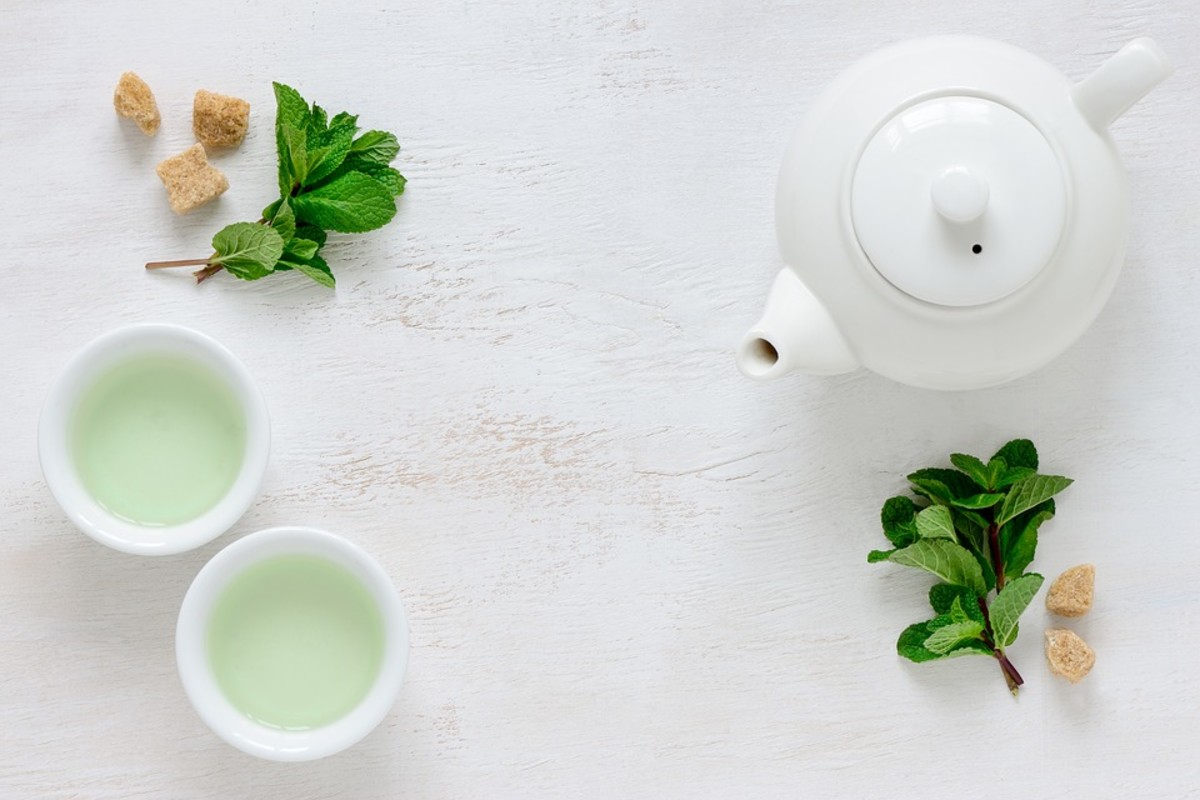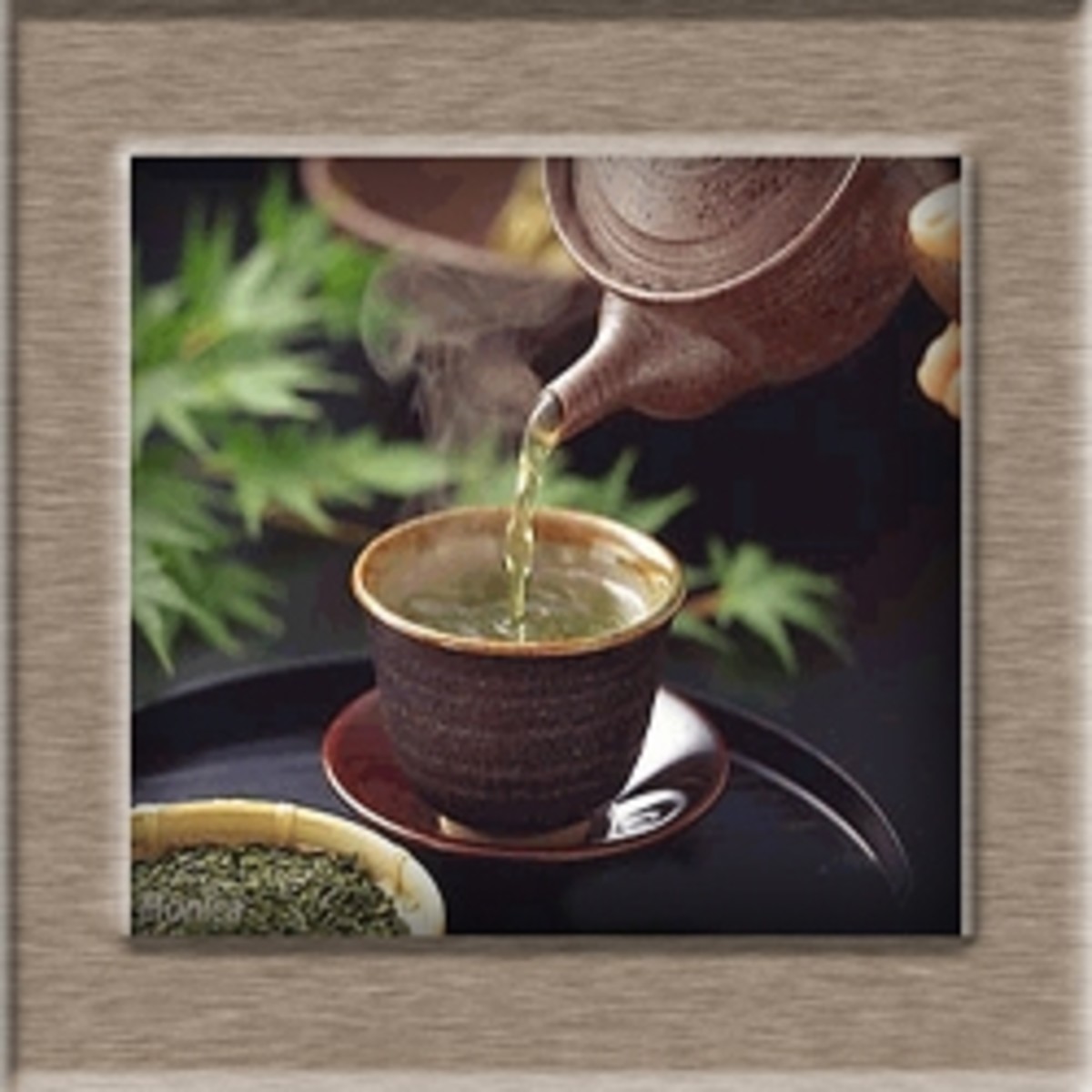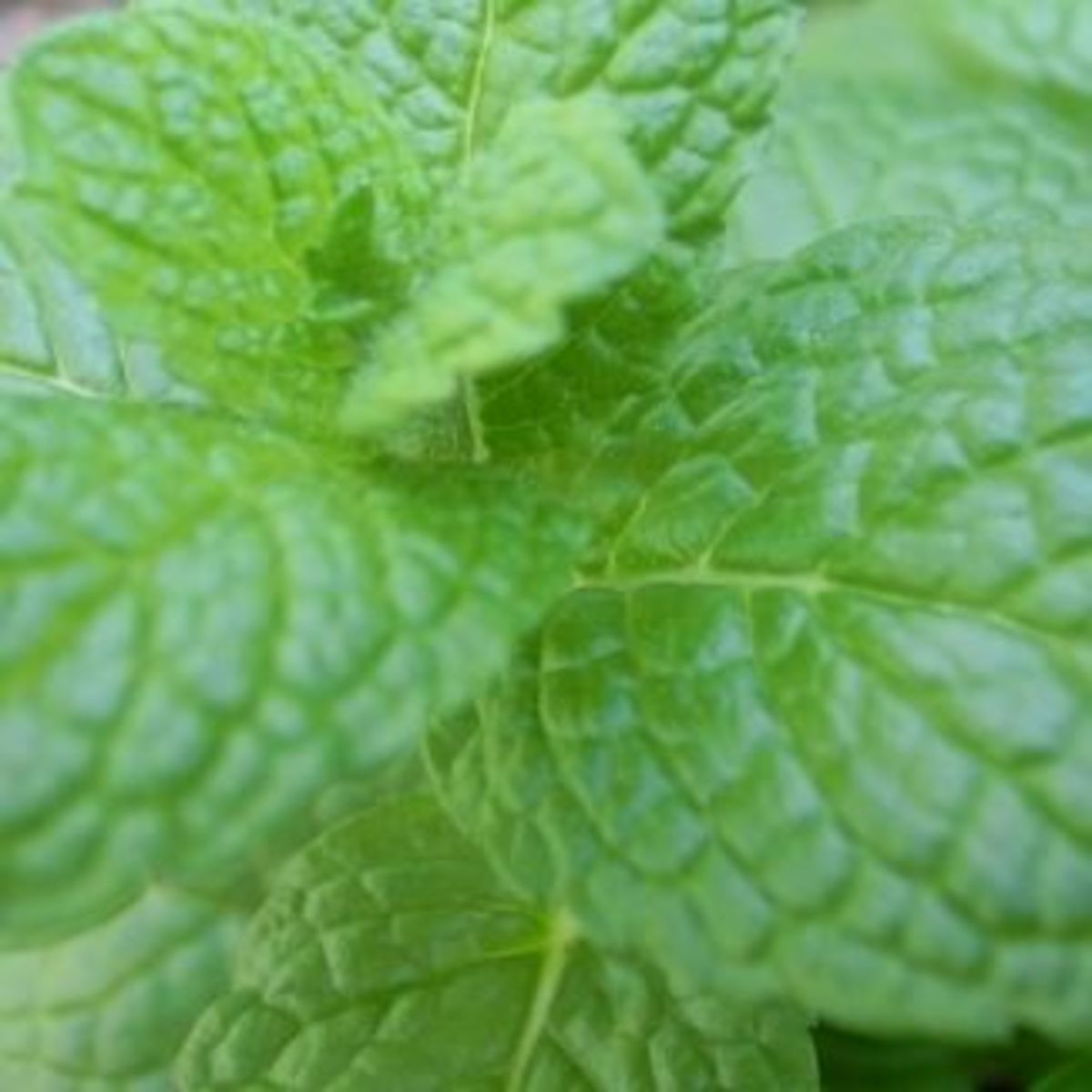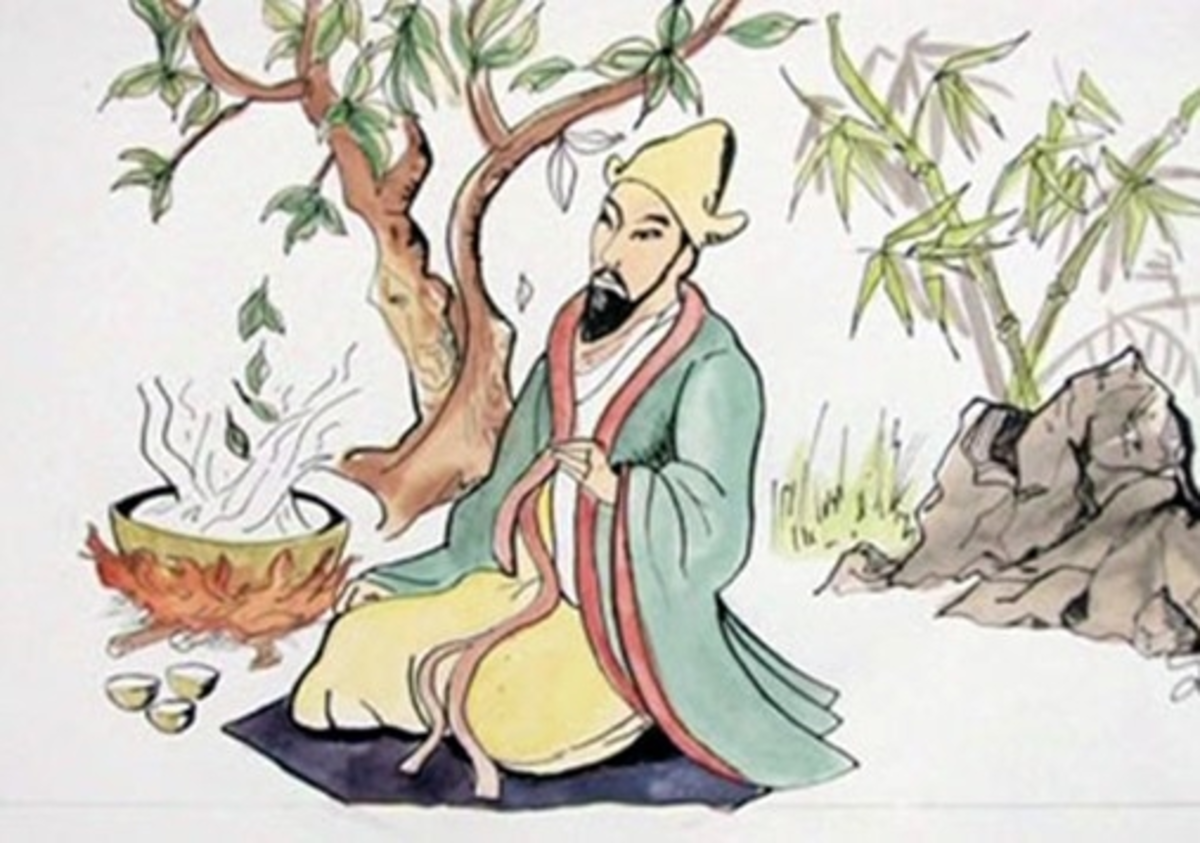The Health Benefits of Huangcha (Yellow Tea)
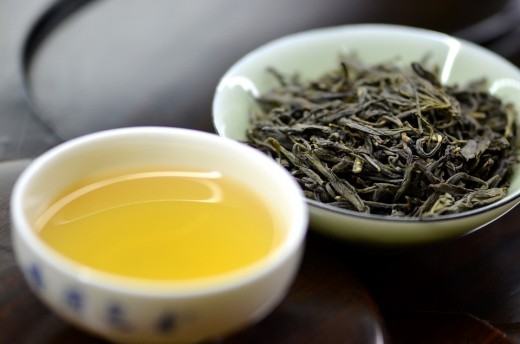
There's not a single person in the world that hasn't drunk tea at least once in a lifetime. One of the healthiest teas that have become popular in the recent period is the yellow tea. If you haven't heard about it before, here you can find the information that you may find useful when deciding whether or not to buy it.
Yellow tea originates from the same plant as the green, white, black and oolong tea, called Camellia Sinensis. It has a long tradition in China, and the Chinese name it Huangcha, Some of the Chinese most popular provinces for yellow tea production are Anhui, Sichuan, and Henan. This tea is yet to become popular in the Western world, because of its uniqueness and health benefits. The properties of yellow tea are very similar to those of green tea, and those who do not like the taste of green tea prefer yellow tea that has a smoother and sweeter aroma. This tea has great health benefits, it is very rare, and during some of the historical periods, it was available only to the emperors.
As the name suggests, yellow tea has a bright, golden - yellow color, both in the pre-preparation phase and in the infusion itself. In spite of color, yellow tea has the same antioxidant effect as green tea, but it does not have a strong "grassy" aroma that many can find in the green tea. First, one should keep in mind that there are two types of tea, called "yellow tea": The first is the real yellow tea, Huangcha, which is yellow in appearance and specifically made to remove the "grassy" taste of green teas. The other "yellow tea" got its name origin after the tea that Chinese Emperors got from their peasants. The yellow color represents the royal status, and all the tea that is paid as a tribute is popularly called "yellow tea". The subject of our interest is the real yellow tea, Huangha. This tea is fermented or oxidized longer than green tea, but not so long as black or oolong tea. The drying phase is slower, and the leaves remain yellow. Since Huangcha originates from Camellia Sinensis, the same plant as all the other teas (black, green, oolong, Puerh and white tea) it has been associated with their positive properties. There are many varieties of this tea such as Huoshan Huangya and Junshan Yinzhen, little yellow teas such as Pingyang Huangtang and Weishan Maojian, and big yellow teas like Huoshan Huangdacha.
How to make Huangcha
To prepare this delicious tea, it is necessary to bring the water to boiling, and let it cool to 80 ° C. You need one teaspoon of tea (2-3g) for one cup, and after the preparation process, let it stay from 1 to 3 minutes, depending on the amount of tea you prefer.
You can use sugar, honey, lemon or milk to add to the flavor. However, It is not recommended to add too much of these ingredients, because they will only change the taste and reduce some health benefits of this tea.
Yellow Tea vs. Green Tea
There are no official clinical studies on the health benefits of the green tea, although we can assume that it has some kind of positive impact on our body and immune system. However, many claims that yellow tea has, even more, benefits to our health and body system. One of the main differences is in the production phases. While the green tea is dried regularly, yellow tea is fermented through the process called “Men Huang”. This process has one extra phase in deriving the tea from the buds. It is withered on the air right after the buds are picked and left covered while the process of the oxidation occurs. This phase allows the tea to gain the bright yellow color and differ from the green tea.
Benefits of the Huangcha
Huangcha has very similar healing properties like green tea. Since their composition is very similar, they have very similar benefits on our health. But it should be noted that the properties of yellow tea are very little explored because it is not as popular as green tea. It is a strong antioxidant, due to the strong enzyme called catechol polyphenols (EGCG), which suppresses the activity of malignant cells, and reduces the risk of cancer. It also prevents diabetes, some cardiovascular disease, and aging. It keeps the oral cavity's health as it prevents the bleeding of the gums and thus the loss of the teeth. Because it contains less tannin than green tea, there is no fear that higher doses will cause the nervousness and fatigue, like green tea, sometimes does. It improves the function of blood vessels and helps prevent the risk of a stroke and high blood pressure. Many people maintain weight due to the consummation of this tea, and it is extremely helpful for those who want to lose weight. Huangcha strengthens our immune system and many other features that have not yet been proven since yellow tea has lost its popularity. However, this situation will change in the next couple of years.
© 2017 Fatima Memija Bahtic


